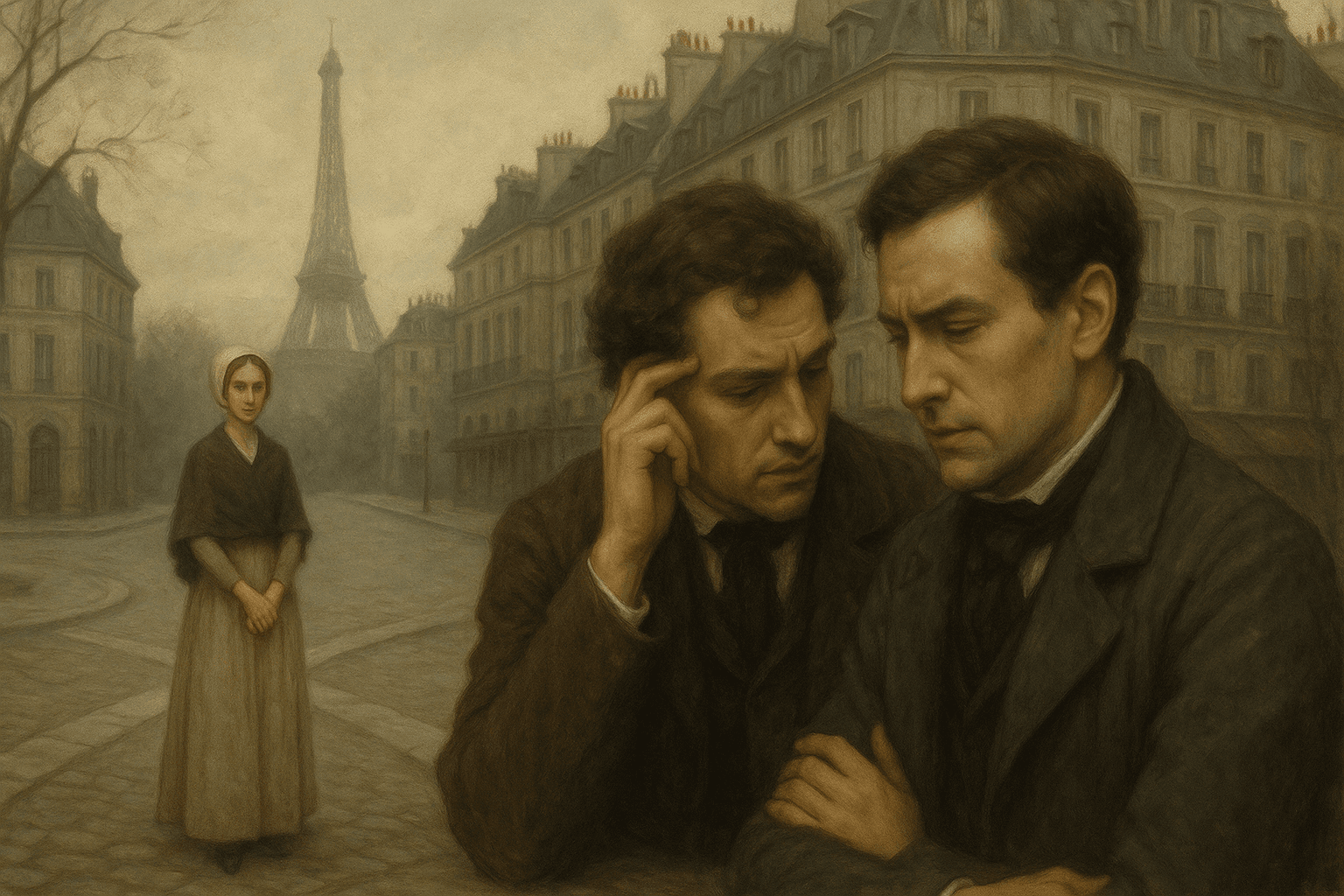Navigating the Weight of Societal Expectations in Corneille's Works

When we think of classic literature, we often imagine tales of love, betrayal, and personal ambition, but what truly shapes these stories is the backdrop of societal expectations. In the rich tapestry of P. Corneille's works, particularly in the Œuvres de P. Corneille, Tome 02, the theme of societal expectations emerges as a powerful force that dictates characters' actions and emotions.
Take the character of Célidée, for instance. Her struggle with love and her father's authority mirrors the conflict many individuals face when their personal desires clash with societal norms. As she navigates her feelings for Lysandre, she is constantly reminded of her father's authority and the societal pressure to conform to traditional roles in love and marriage. This tension is palpable and resonates with anyone who has had to weigh their heart against the expectations of family or society.
The setting of Paris, a city vibrant with cultural and social norms, serves as a constant reminder of these expectations. Characters like Dorimant and Hippolyte engage in conversations that reflect the societal values of their time, where love must often be cloaked in the guise of propriety and honor. The societal fabric is woven with threads of ambition, jealousy, and the unrelenting quest for status, creating an environment ripe for conflict and internal struggle.
Moreover, in the chapter 'Galerie du Palais', Corneille plays with the idea of comedy as a reflection of these societal norms. The genre itself is steeped in expectations of what is considered acceptable or entertaining, subtly critiquing the very societal structures that dictate artistic expression. This raises an interesting question: how often do we find ourselves conforming to societal expectations in our own lives, much like the characters in Corneille's works?
Through characters like Lysandre and Dorimant, we witness the emotional turmoil that arises from societal pressures. Their dialogues reveal a struggle between personal feelings and the expectations tied to masculinity and honor. The societal expectation for men to react with aggression in the face of perceived threats creates a complex web of emotions, where vulnerability is often masked by bravado.
As we delve deeper into the narrative, the emotional landscape becomes increasingly intricate. The characters grapple with their identities, often feeling trapped by the roles assigned to them by society. The internal conflict is vividly illustrated in scenes where personal desires clash with societal obligations, as seen in the struggles of characters like Aronte and Hippolyte.
Ultimately, Corneille's exploration of societal expectations invites readers to reflect on their own lives. How do the pressures of society shape our relationships, ambitions, and self-perceptions? As we journey through the pages of his works, we find ourselves questioning the validity of these expectations and the costs associated with adhering to them. The characters' struggles are not merely reflections of their time; they resonate with the universal human experience of seeking authenticity in a world laden with expectations.
In conclusion, the theme of societal expectations in Corneille's works serves as a powerful lens through which we can examine our own lives. It challenges us to consider how we navigate the delicate balance between personal desires and societal norms, ultimately leading us to a deeper understanding of ourselves and the world around us. As we engage with these texts, we are reminded that the quest for love, fulfillment, and personal integrity is a timeless struggle, one that continues to echo through the ages.
Books: Œuvres de P. Corneille, Tome 02
Authors: Pierre Corneille
Publishers: Public Domain